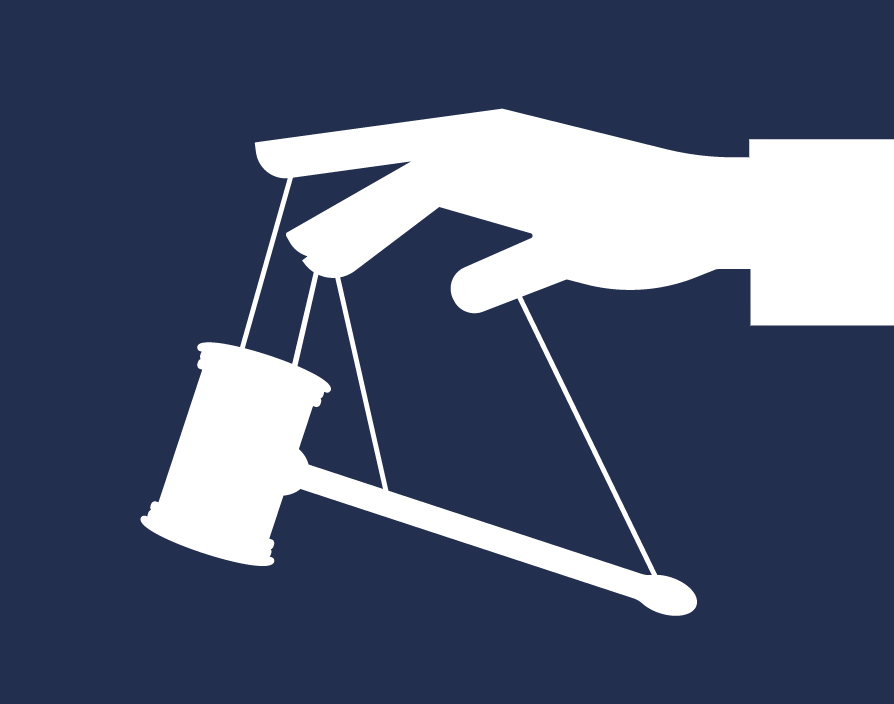Franchise agreements are signed with the hope and intention that they will sit in a drawer gathering dust, never to be referred to again. But, in actual fact, if things do go wrong, the franchise agreement will be one of the first points of call. In the event that one of the parties doesn’t uphold their end of the bargain, it’s worth making yourself aware of some of the legal remedies available.
Damages
The most common remedy if one party breaches the franchise agreement is to claim financial compensation, which is referred to as ‘damages’ or ‘unliquidated damages’. The purpose of damages is to compensate the injured party for their loss, not to punish the party in breach.
All forms of financial loss are potentially recoverable as long as they were reasonably foreseeable at the time when the parties entered into the agreement. Franchise disputes often cause the parties a great deal of stress and upset; but damages generally can’t be recovered for emotional distress.
The amount of compensation that will be awarded is decided by the courts based on all of the relevant facts. The starting point is to consider the difference between the position that the innocent party is actually in and the position that they would have been in but for the breach by the other party. The burden of proof is on the claimant to show that they have suffered a loss, although the actual amount of the loss may be difficult to quantify. A claim for damages is not a blank cheque – the injured party is under a duty to do what they can to mitigate their loss.
Liquidated damages
The franchisee and franchisor will sometimes agree in advance on the amount of compensation that will be paid in the event of a breach. This is known as ‘liquidated damages’ and avoids the difficulties of having to prove the amount of the actual loss at the time. The amount stated in the clause must be a genuine estimate of the losses that the parties expect to suffer, otherwise the clause may be considered an unenforceable penalty.
Alternatives to damages
Occasionally, financial compensation will not be enough to adequately compensate the injured party. In that case, the injured party may be able to claim an equitable remedy. This is a court order that requires the defaulting party to do something (known as ‘specific performance’), not do something (an injunction) or to account to the innocent party for the profit they have made as a result of the breach (account of profits). The court also has the power to undo the entire contract and put the parties in the position they would have been in had the contract never been entered into in the first place (rescission). However, these remedies are rarely used in practice.
Termination
If a breach is extremely serious, it may ultimately result in termination of the franchise agreement. This can be done either under the terms of the franchise agreement itself or using the legal principle of ‘repudiatory breach’.
Termination under the franchise agreement
The terms of the franchise agreement will usually give the franchisor the right to terminate if the franchisee is in breach or becomes insolvent. In most cases, the franchisor won’t be allowed to terminate immediately but will have to give the franchisee the opportunity to remedy the breach, going on to terminate only if the franchisee fails to correct the position within a set time frame. Only in very serious cases will the franchisor be permitted to terminate the franchise agreement immediately.
Termination for repudiatory breach
Both franchisor and franchisee have a right to terminate under the legal principle of repudiatory breach. This means that if one party is in breach, the innocent party can terminate. However, in this case, the breach must be something extremely serious that goes to the very essence of the contract. Care must be taken before terminating for repudiatory breach because getting it wrong might see the innocent party themselves committing a breach of contract. As a result, legal advice should always be sought before using this remedy.
Alternative dispute resolution
Alternative dispute resolution (ADR) clauses are becoming standard practice in franchise agreements. An ADR clause will allow the parties to settle a dispute using mediation or arbitration instead of court proceedings. Both mediation and arbitration have the advantage that the proceedings are held in private rather than in open court where anyone will be able to observe. Furthermore, the parties will be able to appoint a mediator or arbitrator of their choosing. This can be particularly useful if the dispute involves very technical issues, as the parties can appoint someone who is an expert in that field.
The main difference between mediation and arbitration is that in mediation, the mediator will try to find areas of common ground between the parties and facilitate a settlement that both parties are willing to agree to. In the case of arbitration, the arbitrator will hear both sides of the story and then make a decision in favour of one party or the other, in much the same way that a judge does in traditional court proceedings.
“
Whilst litigation should always be the last port of call, timely use of legal remedies can prevent a dispute from doing any long-lasting damage.”

Kate Legg
After more than a decade advising other business owners, Legg has recently fulfilled a long held ambition and become one herself. Now the founder, director and CEO of Komerse, a legal practice specialising in commercial law and franchising, Legg is clearly practising what she preaches.

Kate Legg
After more than a decade advising other business owners, Legg has recently fulfilled a long held ambition and become one herself. Now the founder, director and CEO of Komerse, a legal practice specialising in commercial law and franchising, Legg is clearly practising what she preaches.
































